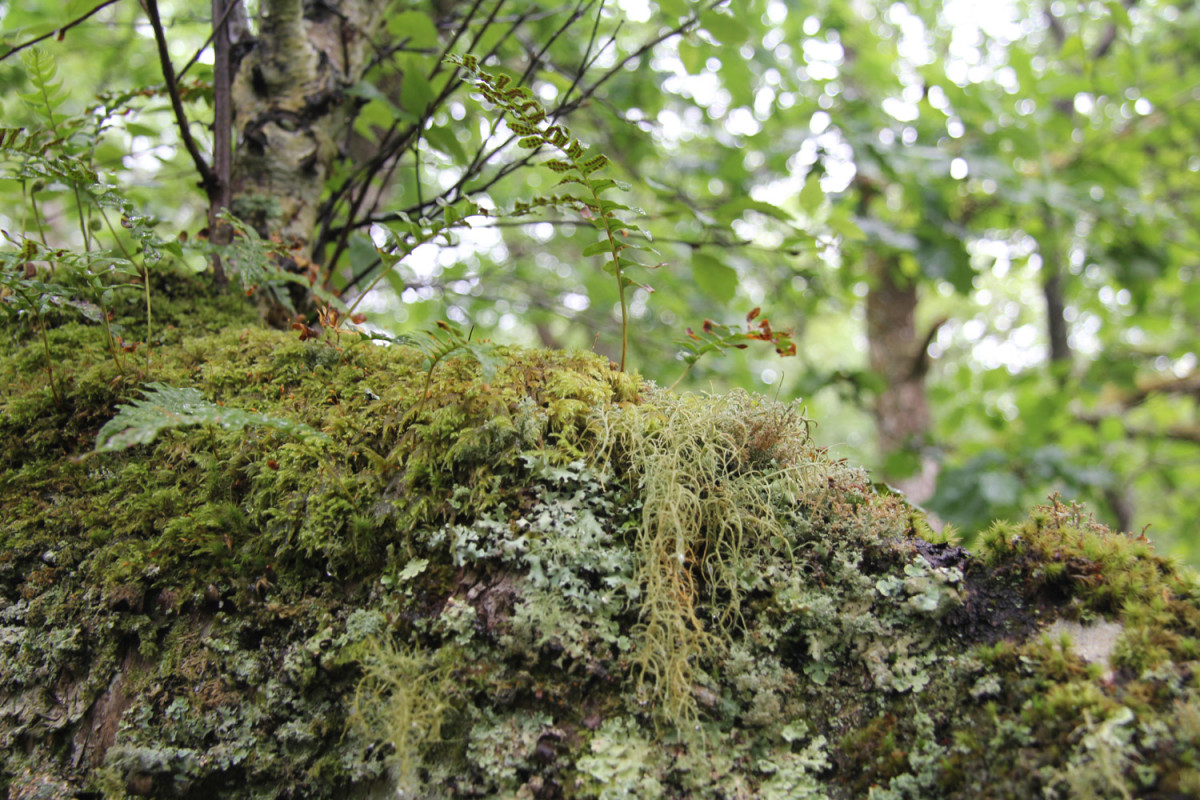
BTO’s role in the People’s Plan for Nature
BTO’s CEO Juliet Vickery explains how our new strategy will contribute to this ambitious call to action.
Juliet is responsible for leading the work of the Trust, under the governance and strategy of the Board.
Alongside this series, the same organisations – the Royal Society for the Protection of Birds (RSPB) and the World Wide Fund for Nature (WWF) – joined with the National Trust to launch a ‘People’s Plan for Nature’. This is a unique collaboration with the UK public, delivered through an assembly of 100 people from all over the UK. It challenges everyone, from governments and businesses to individuals, to do ‘no more harm to nature’.
It included a call for everyone to add their voice, asking for their ideas about how to come together to protect and renew nature in the UK. Over 30,000 responses were submitted, all of which were reviewed by a citizens’ assembly.
The People’s Plan for Nature considered the state of nature alongside these responses, creating a roadmap for the actions we need to take to save it. It contains six visionary statements, and a call to action for the Government, businesses, charities, communities and individuals to commit to realising these statements.
With our unique combination of people and science, BTO is able to respond to many of the ‘asks of charities’ outlined in the People’s Plan for Nature.
- Nature is valued and respected by all
- We understand that we need nature to thrive, to benefit all of our lives
- There is a balance between human and non-human needs, and we are taking individual and collective responsibility to enhance, sustain and enable nature to flourish
- Evidence-based nature renewal is central to lifelong education and involves real-life experiences
- We are able to spend time in nature every day, whether to play, work or spend time where we live
- Nature is prioritised, looked after, valued and cared for
Our strategy and the People’s Plan for Nature
With our unique combination of people and science, BTO is able to respond to many of the ‘asks of charities’ outlined in the People’s Plan for Nature. Here are a few current and future examples of where we can make the biggest difference.

Vision and leadership
The plan has a number of asks around ‘Vision and leadership’, recognising the need for nature to have a voice at the centre of decision-making. This call is specifically about charities agreeing on a collective pathway to protecting nature.
Our new strategy recognises the need for partnerships. We already have strong relationships with many other organisations, from conservation charities, funding bodies and research institutes.
Most recently, we’ve become a member of Wildlife and Countryside Link, the largest environment and wildlife coalition in England. We can now use our data and research to help this powerful coalition have confidence in its messages and campaigns.
We can now use our data and research to help coalitions like Wildlife and Countryside Link have confidence in their messages and campaigns.

Nature-friendly farming
We will continue to invest in this area under our new strategy (in our action area ‘seeking solutions’), helping to meet the ask to ‘undertake research into best practice and make information available to farmers’.
Historically, our extensive datasets have helped us understand the dramatic declines in key farmland species such as Yellowhammer, Tree Sparrow and Reed Bunting. Identifying the drivers of these declines allowed us to support the development of suitable agri-environment schemes to halt these declines.
Now, with funding from the Esmeé Fairbairn Foundation, we are developing tools to help farmers evaluate what environmental approaches are working on their farms. And our long-term and bespoke monitoring schemes will continue to provide invaluable information on the success of agri-environment measures practices for birds and other wildlife.

Marine protection for our coastal waters
Our long-term monitoring schemes will also be vital in supporting calls for action under a third area in the plan, ‘Marine protections for our coastal waters’. This focuses on the damage caused by overfishing, and emphasises the need for greater protection of marine areas to increase biodiversity, protect fish stocks and recover our seabeds.
We have already conducted assessments about the impact of climate change on seabirds, and the degree to which protected areas will help mitigate some of these impacts.
BTO is investing more resources into our research on seabirds and seabird monitoring, and we will continue to provide the data which are urgently needed to identify the optimal location and extent of protected areas.
Using evidence effectively
By ‘empowering everyone’ and ‘delivering data’, we will support efforts to make nature and information about nature accessible to all.
Finally, there is a very welcome call for everyone to ‘Effectively use evidence’. The People’s Plan for Nature asks the charity and NGO sector to lead in ‘providing high-quality factual information to the public’ and ‘to produce a growing evidence/knowledge of why nature matters and make this more accessible and understandable’.
Once again, these are key elements of our new strategy, and are exemplified in our action areas ‘empowering everyone’ and ‘delivering data’.
We have recently launched the new BirdFacts and Birds on Your Doorstep, which together give everyone access to a one-stop shop for high-quality factual information on birds in the UK – be they breeding, wintering, resident migrant, common or rare. This information is based on the data collected over decades of research, volunteer projects and monitoring schemes.
We’re continuing to strive towards Equity, Diversity and Inclusion, so more people are able to appreciate, access and protect nature. And the work of BTO Youth continues to engage the next generation of naturalists and conservationists with birds, wildlife and the natural world.
The People’s Plan for Nature is a clear, inspiring and powerful call for us to all work together to do more for nature – and BTO has plans to do just that under our new Strategy.
BTO strategy 2023–30
Like the People’s Plan for Nature, our new strategy calls for people to work together to do more for nature.
Discover the strategy’s objectives and actions areas, and how it aligns with our values on our dedicated strategy microsite.

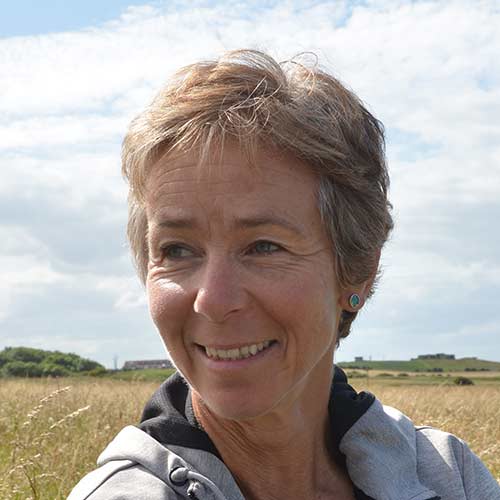

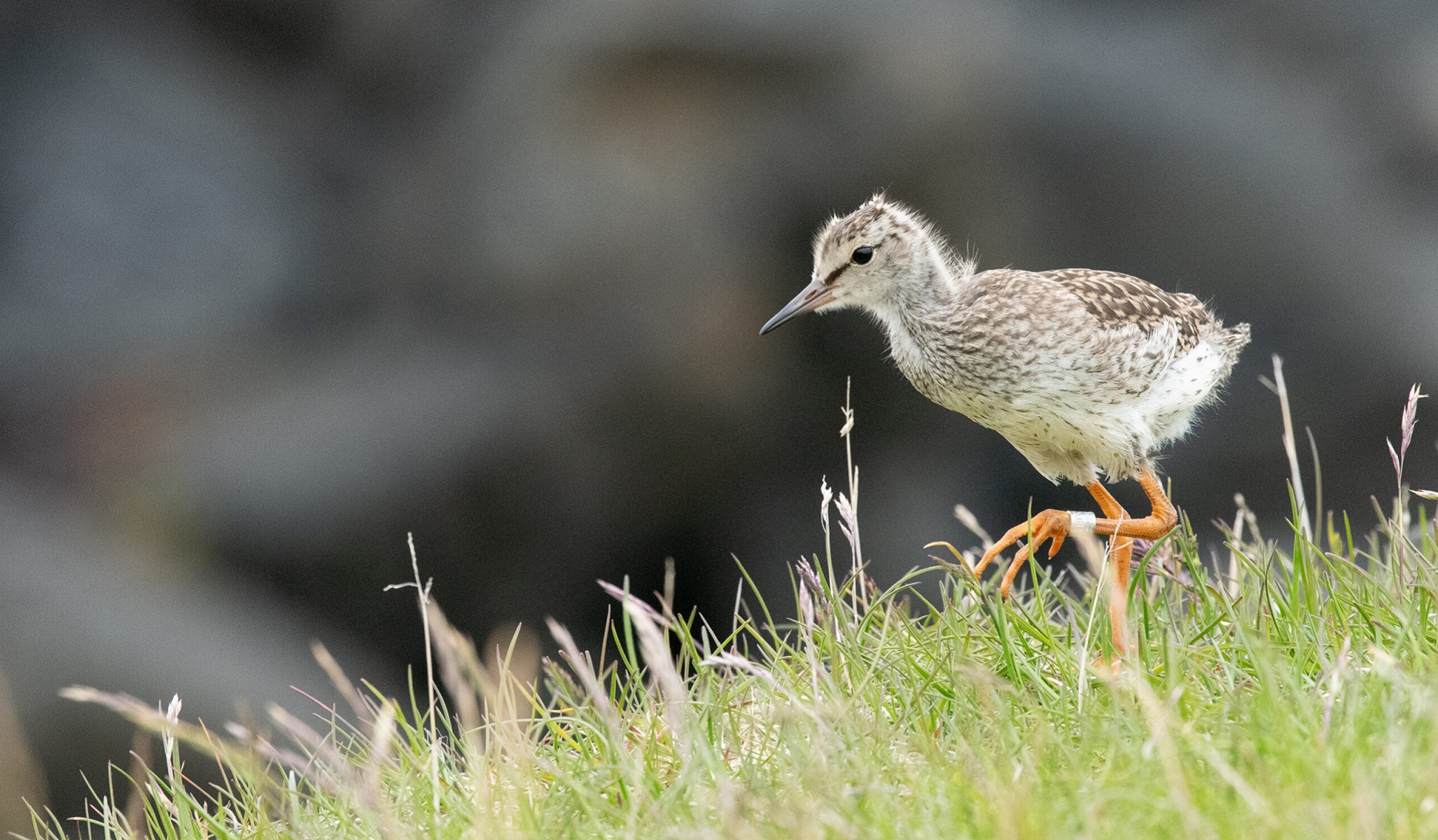
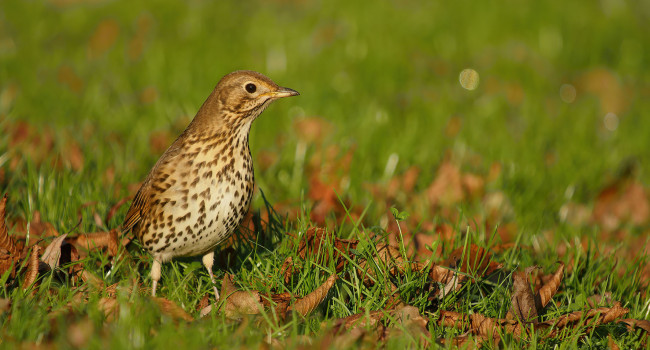

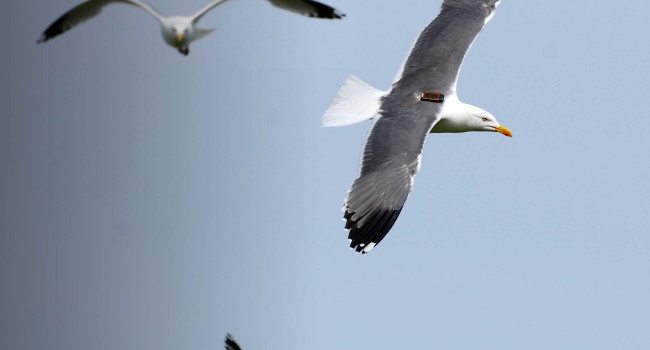

Share this page